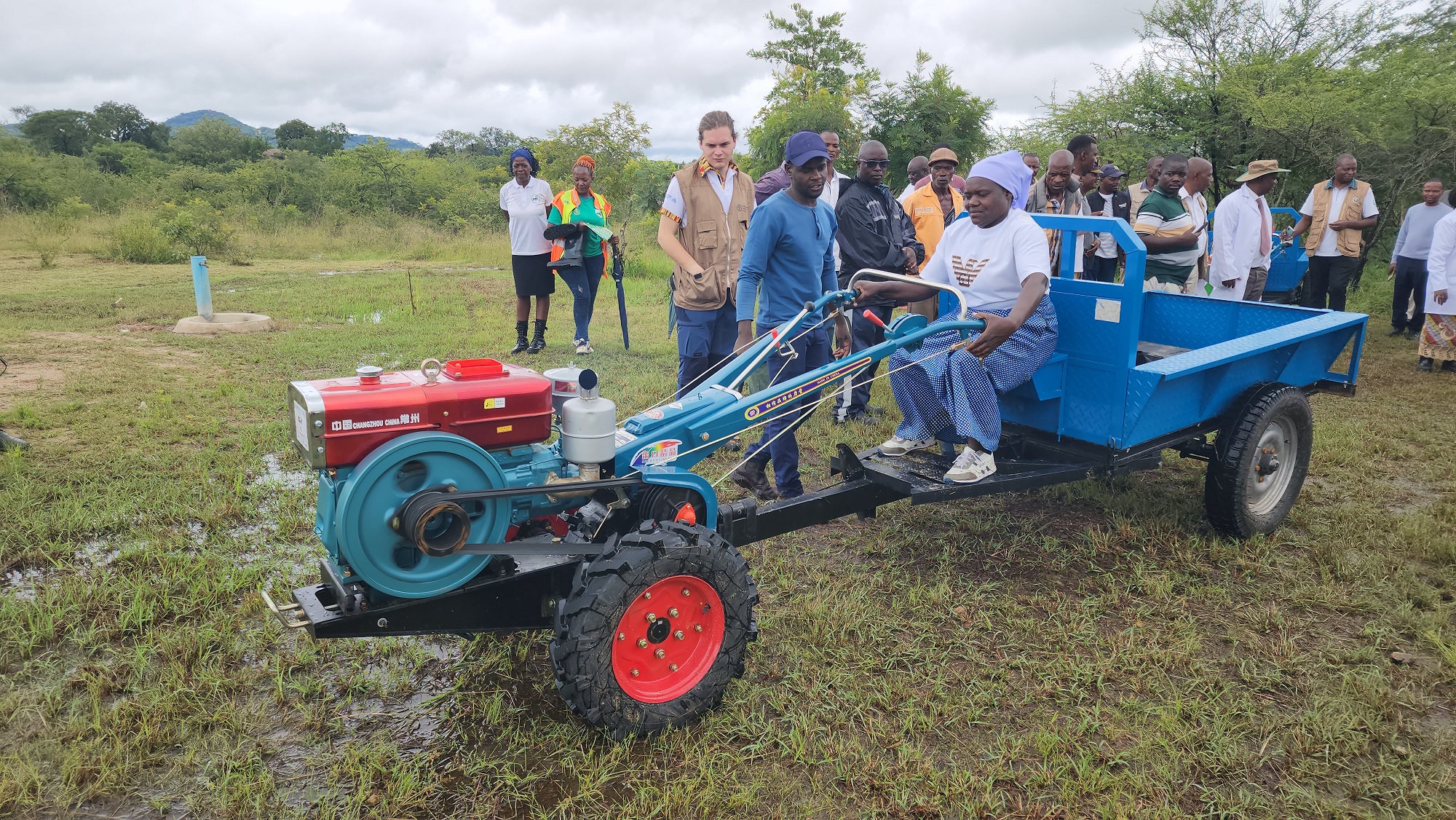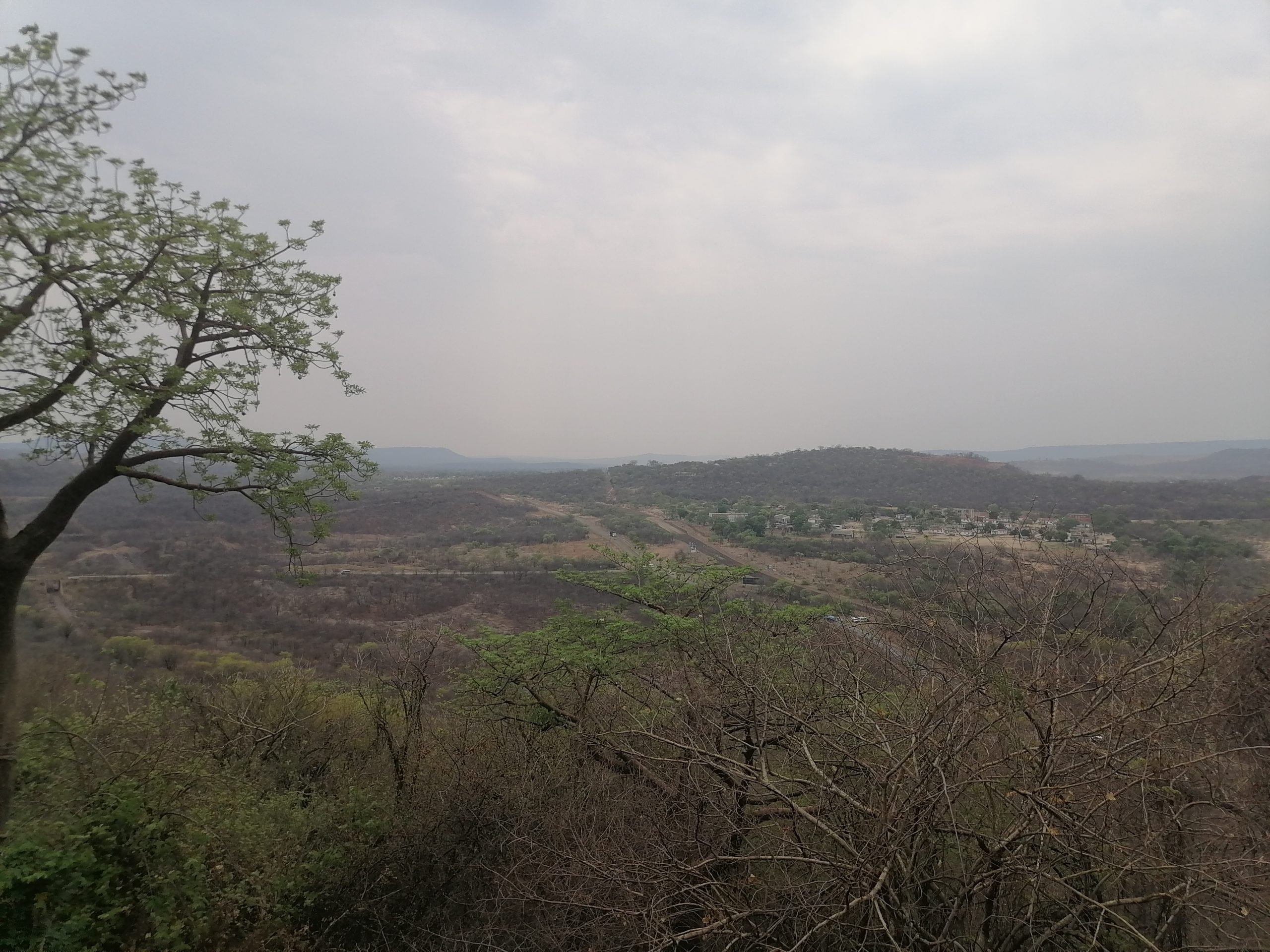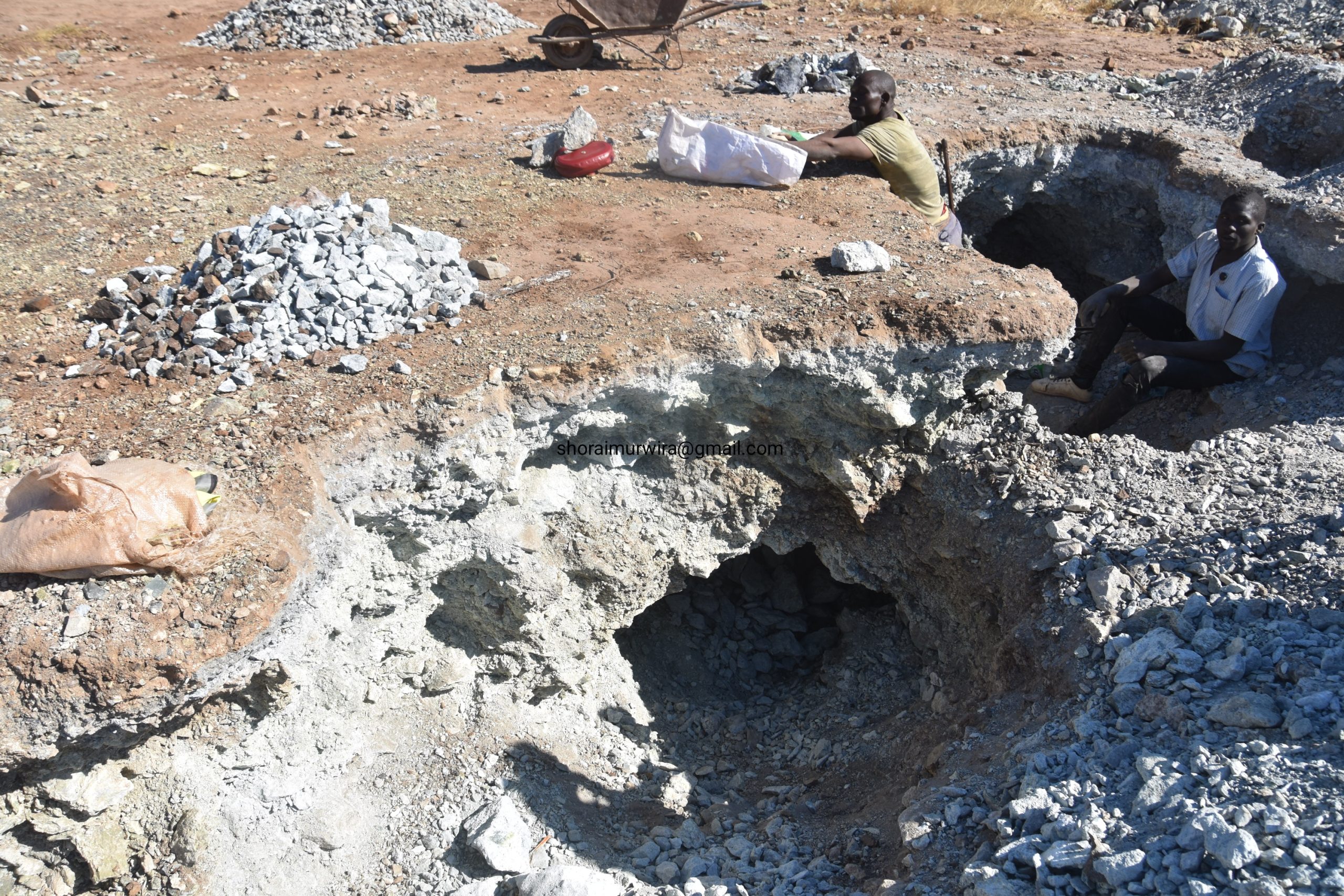by Donald Chidoori
In Zimbabwe smallholder farmers and community forest users in Zaka – a rural district endowed with vast Miombo and Mopane woodlands in Zimbabwe’s Masvingo Province – are embracing sustainable agriculture and forest management practices.
This transformation is driven by the Dryland Sustainable Landscapes Impact Program (DSL-IP), a regional initiative funded by the Global Environment Facility (GEF) and led by the Food and Agriculture Organization of the United Nations (FAO), in partnership with the Government of Zimbabwe, local communities, NGOs, and the private sector.
The DSL-IP seeks to reverse environmental degradation, boost agricultural productivity, and strengthen the resilience of ecosystems and livelihoods in seven participating countries across Southern Africa. In Zimbabwe, the program targets the root causes of land degradation—including soil erosion, drought, deforestation, and unsustainable agricultural practices—through integrated, gender-responsive, and cross-sectoral solutions.
At the core of the program’s success is a combination of knowledge-sharing on soil conservation farming techniques, mechanized tools that reduce the labor burden, thereby addressing a key barrier to the adoption of water-saving and soil conservation techniques like contour plowing, and access to quality seeds and tree seedlings that enhance the cultivation of drought-tolerant and pest-resistant traditional small grains such as sorghum and millet.
“These grains are better suited to Zimbabwe’s semi-arid climate, offering a resilient alternative to maize amid increasing rainfall variability,” says Andrew Mushita, Director of the Community Technology Development Organisation (CTDO), one of the project’s implementing partners. “Traditional grains are more than just food, they are climate-resilient crops that help safeguard food security,” he added.
Empowering farmers through knowledge and practice
At the heart of this transformation is the Farmer Field School (FFS) approach—a hands-on community-based education model that equips farmers with practical skills and knowledge on sustainable agriculture. The implementation of the FFS approach is guided by Agricultural Extension Officers from the Ministry of Lands, Agriculture, Fisheries, Water and Rural Development (MLAFWRD). In line with the DSL-IP’s focus on restoring dryland ecosystems, the FFS promotes the cultivation of neglected and underutilized crops (NUS) that are well adapted to the arid environments, alongside nutrient enhancing legumes such as bambara nuts.
These crops provide both food and income but also contribute to soil fertility regeneration and landscape restoration.
The talks in Bonn were also marked by concerns about the future of multilateral climate negotiations, particularly after the recent UN climate summit in Baku and the US presidential election outcome. The EU is being called upon to use its political leverage to help secure a fair and ambitious outcome at COP30.









